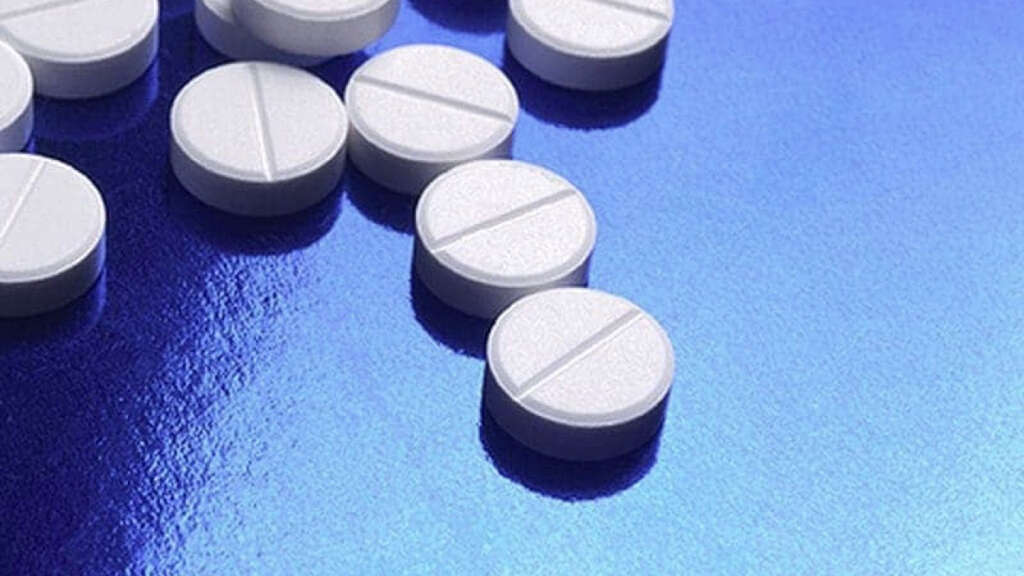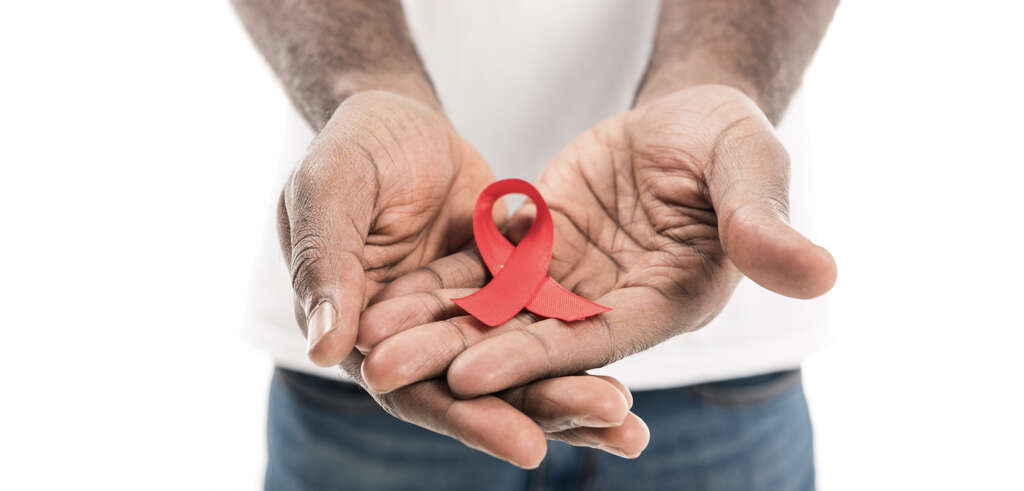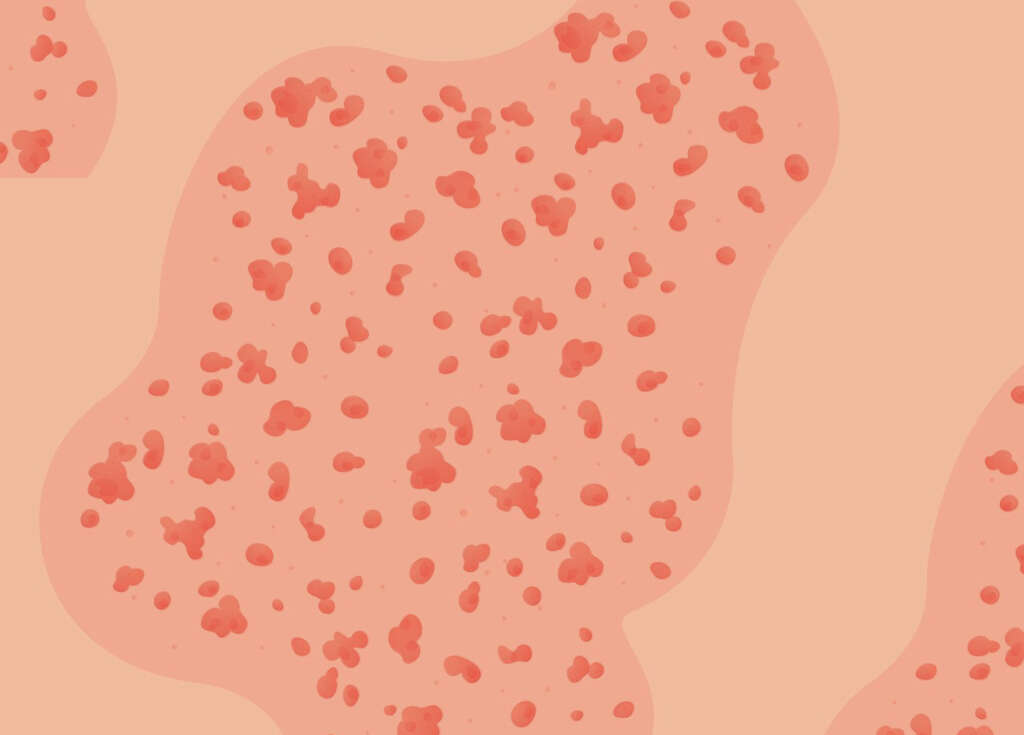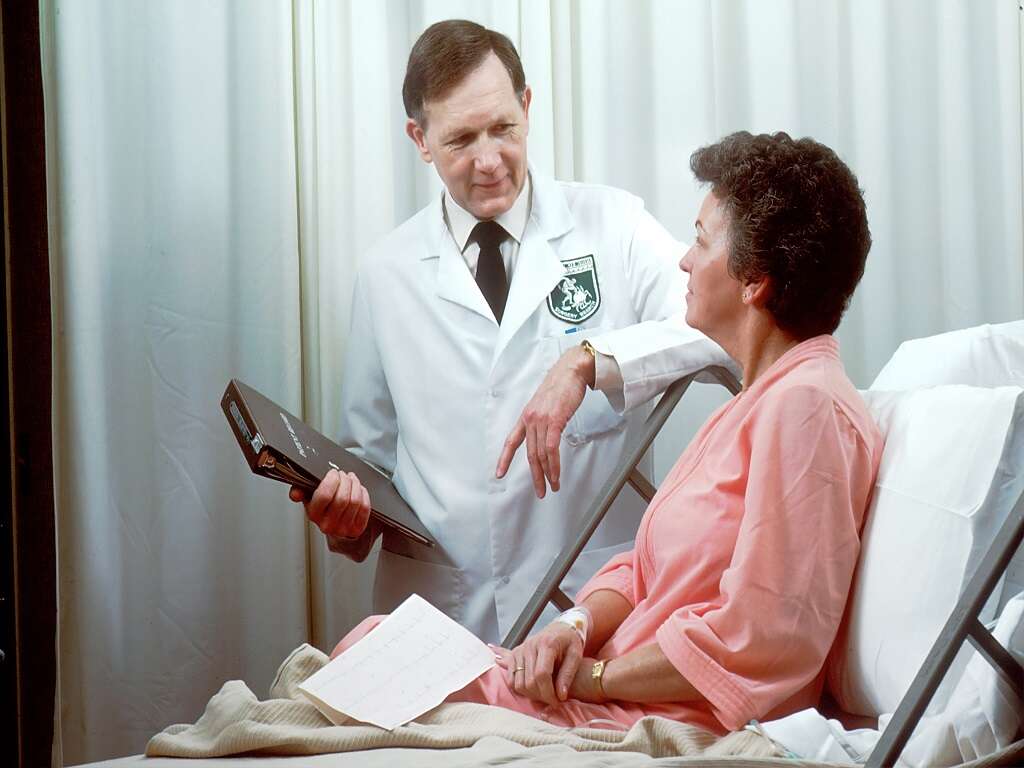What Is Steven Johnson Syndrome?
Parts of our body have a membrane that secretes mucus. This mucus is very important as it aids certain bodily functions and helps keep us safe from disease. As with other parts of the body, these mucous membranes can develop disorders, including Steven Johnson syndrome.
Steven Johnson syndrome comes with some truly horrific symptoms but, thankfully, the condition is also very rare. It is often treatable provided it is caught early enough, but it can be deadly if treatment is not found in time, so get a patient to a hospital straightaway if you suspect they have the condition.

1. Viral Infections
There are various triggers that can cause somebody to develop Steven Johnson syndrome. To begin with, the symptoms are very similar to the flu and are often overlooked. In time, however, the condition will worsen to become quite extreme. When it comes to children, the cause of the condition is usually a viral infection. The viruses that can trigger the condition include, but are not limited to, the Epstein-Barr virus (the cause of glandular fever), the influenza virus, the herpes-simplex virus (the cause of cold sores), and mumps. While some of these viruses are common, they will very rarely trigger Steven Johnson syndrome.

2. Medication
As adults, we will have already contracted most of the common viruses going, hopefully without having triggered Steven Johnson syndrome. This means that viruses are less likely to be a trigger in adults, but that is not to say adults are completely safe.
This is because certain medications can also be a trigger. Some of the medications that can trigger Steven Johnson syndrome include Allopurinol, Lamotrigine, Carbamazepine, Meloxicam, Piroxicam, Nevirapine, Phenobarbital, Nevirapine, Phenytoin, Sertraline, Sulfamethocazole, and Sulfasalazine. Just as is the case with viruses, it is very rare that any medication will trigger Steven Johnson virus, even for regular users.

3. Risk Factors
In addition to the triggers that have been mentioned, there are some other factors that can increase a person’s likeliness of developing Steven Johnson syndrome. One of these is an immune system that has been weakened, such as in cases of AIDS, HIV, and Lupus.
An immune system weakened by organ transplants and chemotherapy also increases risk. If you have had the condition before, and it was caused by medication, using the same family of medication again can be a trigger. You also have a higher chance of developing the condition if a family member has had it previously. Certain genes will also increase the chance of Steven Johnson syndrome developing.

4. Malaise
To begin with, the symptoms of Steven Johnson syndrome are quite mild and most people won’t think that there is anything seriously wrong to begin with. Patients will often complain of feeling generally unwell without necessarily being able to put their finger on a specific symptom.
Patients are also likely to develop a headache, but this is still unlikely to alert anybody to the fact that a serious problem is developing. Most people will try to go about their day-to-day lives unaware that a serious problem is brewing, albeit maybe getting more rest in the expectation that the symptoms will pass before long.

5. High Fever
Fevers are quite a common symptom and people of all ages are likely to experience them at some point. A lot of people are likely to take some paracetamol or similar to take the edge off and then maybe get an early night. Fever is also a symptom of Steven Johnson syndrome, but still at this stage the patient is unlikely to suspect something serious.
The fever associated with Steven Johnson fever is a high fever, often coming in at 38C or above. While fevers are not usually something to be concerned about in themselves, patients should still be monitored if the fever gets too high.

6. Pain in Joints
When we get the flu, one of the symptoms that we can expect to get is aching joints and muscles. Depending on the severity of the symptom, it is arguably the worst of them all and it can be very uncomfortable in some cases. The pain is caused by the effect of chemicals that have been released by our white blood cells as they fight against the intruder.
As Steven Johnson syndrome develops, the patient will find that their joints become painful. At this stage of the illness, the patient is likely to be thinking that they probably have the flu.

7. A Cough
A cough is another very common symptom that is unlikely to have people overly worried. Indeed, sometimes we might develop a cough and not even be sick at all. Coughs will usually pass quite harmlessly and medication and other remedies are available that can help relieve the patient of any discomfort they are feeling.
Coughs can get quite nasty, and can be very painful for patients and, if one is too severe, then you should seek medical advice from a professional. A cough is also a symptom of Steven Johnson syndrome and, unfortunately, it is far from being the worst of the symptoms associated with the condition.

8. Rash
A few days after the first symptoms appear, a rash will develop on the patients skin. These rashes will look like targets to begin with. The rash will gradually get worse over a few hours, sometimes a few days. Unlike many other rashes, the rash associated with Steven Johnson syndrome is unlikely to be itchy.
Such a rash, along with the other symptoms, should be enough to encourage you to seek medical advice from a professional. Getting diagnosed early will help reduce further agony.

9. Blisters
Before long, the patient will begin to develop blisters on their skin. These blisters will eventually burst, leaving behind large, painful sores that are exposed and prone to infection. Not only is this painful for the patient, but it can also be very disturbing for their loved ones, especially when young children are involved.
At this point, the patient will need to be hospitalized if they have not been already. They will need medical assistance in treating their sores in addition to trying to deal with the underlying cause. At this point, it becomes increasingly evident why Steven Johnson syndrome is considered to be such a horrific condition.

10. Mucous Membranes
One of the key features of Steven Johnson syndrome is that the mucous membranes will also be affected. This includes the membranes around the genital tract, the throat, the eyes, and the mouth.
This can lead to further problems such as dehydration, while the patient may also find that they find it difficult to swallow because of the pain involved. Steven Johnson syndrome can also cause sometimes cause the patients eyesight to suffer. This is because the condition can affect the surface of their eyes and this can possibly lead to ulcers on the cornea. Without treatment, permanent damage might be caused.












